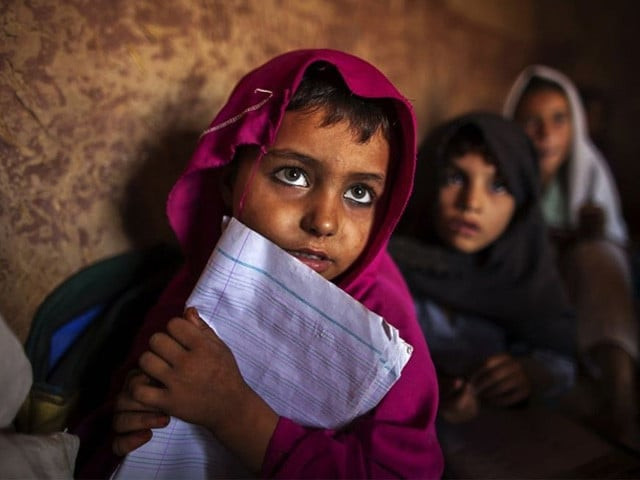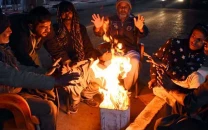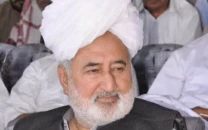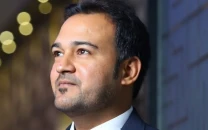Number of out-of-school children rises sharply
Report says there are currently 26.2m OSC in country

Despite tall claims by successive governments to enrol out-of-school children (OSC), the number of such children is increasing at an alarming rate.
In 2021, the federal cabinet was briefed by then Federal Education Minister Shafqat Mehmood that there were 18.7 million OSC. However, according to a report prepared by the Pakistan Institute of Education in collaboration with Unesco based on the 2021 and 2022 data, which will be released on Monday (today), the number of OSC has risen to 26.2 million.
The difference since 2021 to date shows an alarming increase of 40 per cent.
Pakistan comes in after Nigeria and India where the number of OSC is the highest in the world.
According to the report’s findings, Punjab tops the list with 10.11 million children lacking access to education, followed by Sindh with seven million, Khyber-Pakhtunkhwa with 3.6 million, and Balochistan with 3.1 million. Additionally, the federal capital, Islamabad, has 80,000 children who are not attending school.
Read more: De-schooling: A solution for millions of out-of-school children
The report highlights that 39% of these children are not attending school for various reasons, with Balochistan having the highest percentage of 65% of OSC. Though Khyber-Pakhtunkhwa has a comparatively better educational standard, 30% of children are not attending school in the province.
Analysing the data, at the intermediate level, 60% of students are still deprived of education, while at the matriculation, middle, and primary levels, 44%, 30%, and 36% of children, respectively, are not attending school.
Education serves as a linchpin for achieving many other Sustainable Development Goals (SDGs). Quality education empowers individuals to break free from the shackles of poverty, reduces inequalities, and promotes gender equity. It is crucial for fostering tolerance, shaping peaceful societies, and achieving the SDGs.
Goal 4 of the SDGs underscores the need for education financing to become a national investment priority. Measures such as making education free and compulsory, ensuring skilled and updated teachers, improving basic school infrastructure, and embracing digital transformation are vital. Pakistan faces educational challenges, ranking low globally with the lowest rate of girls' education—58% of females are uneducated, contributing to a pervasive learning poverty. The need for a paradigm shift in the education sector is evident.
The ever-growing figures serve as a catalyst that underscores the call for synchronised actions, and interventions aimed at resolving the educational conundrum facing the nation’s young generation with every child having equal access to quality education.



















COMMENTS
Comments are moderated and generally will be posted if they are on-topic and not abusive.
For more information, please see our Comments FAQ